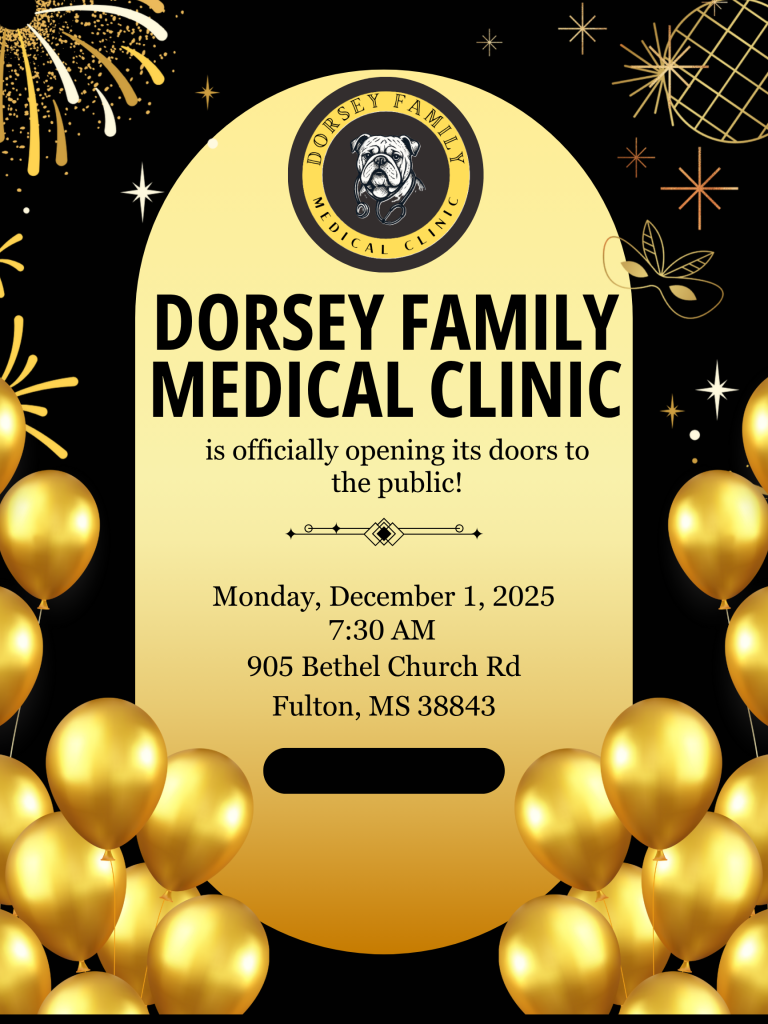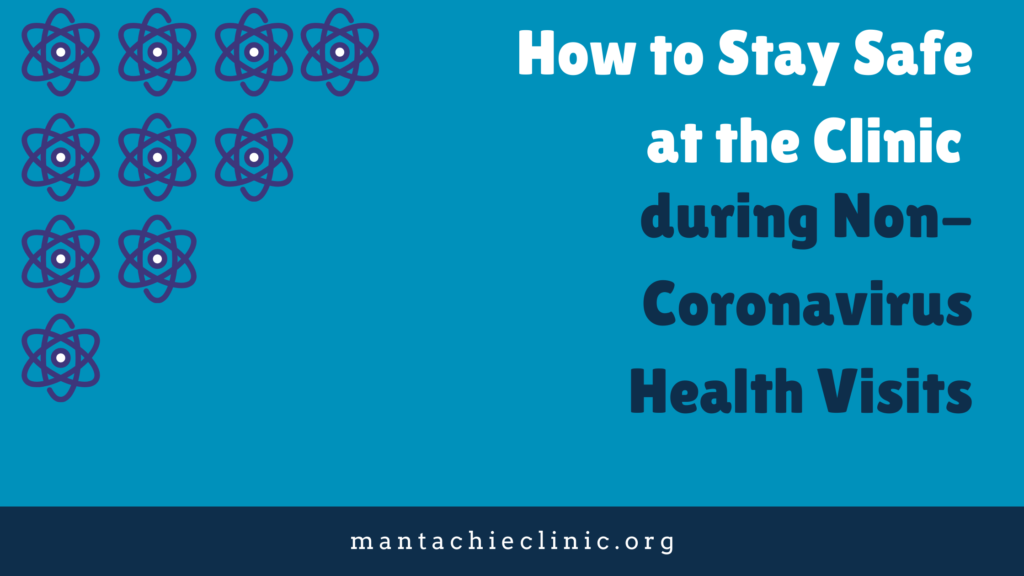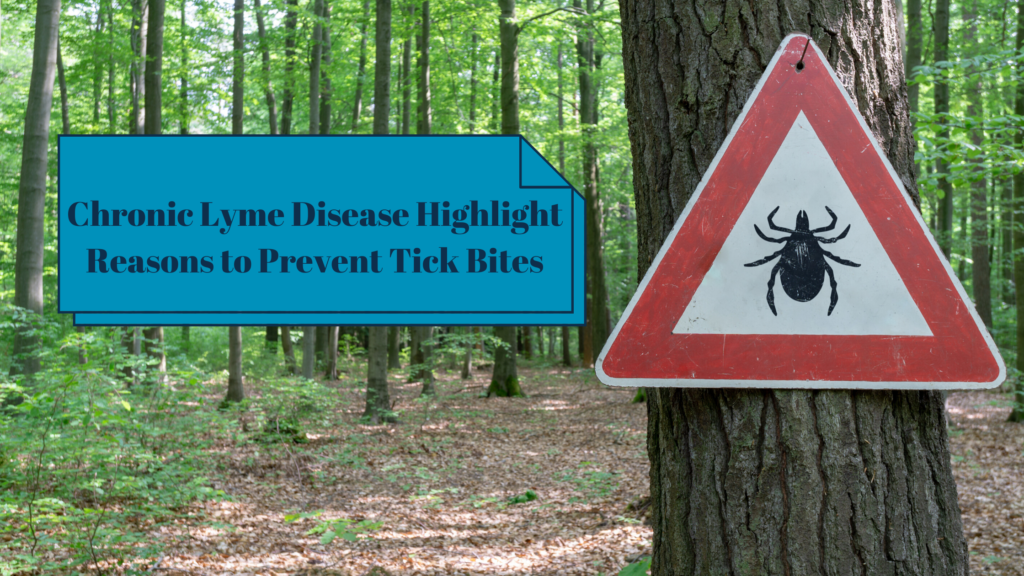
Eating healthy and getting plenty of exercise are two lifestyle choices we heavily promote here at Mantachie Rural Health Care. Learning to eat healthy is challenging–especially in today’s world that offers an overwhelming amount of food options. Many of today’s foods, particularly pre-packaged, store-bought foods, are promoted as “healthy” choices but are actually worse than those obviously unhealthy options like soda and candy. If you’re trying to cut out unnecessary sugar, carbs, or calories from your diet, you’ll want to avoid the following six foods you thought were healthy.
Orange juice and other fruit juices.
The problem with orange juice and other fruit juices is that most of them are made from concentrate–meaning all the “good stuff” in the fruits that make these juices are stripped away and replaced with processed sugar. In fact, juices have as much sugar in each serving as a can of soda.
Think making your own orange juice will make it healthier? Think again. The juicing fruits of orange are naturally sweet and contain very little fiber resulting in a spike in your blood sugar. The healthiest option is to switch to fruit-infused water. You can easily make your own by adding any of your favorite fruits to a pitcher of water and then refrigerating the water for several hours or overnight to allow the fruits to infuse.
Baked potato
A plain baked potato is high in calories and carbs. Start adding butter, sour cream, and other toppings and you’re adding even more junk to the mix. Opt for a sweet potato instead.
Store-bought smoothies
Turns out saving yourself time with store-bought smoothies doesn’t actually save your diet. Even the “green” smoothies are high in sugar and low in the actual good stuff that comes from fruits and veggies that supposedly make up these smoothies. Your best bet is to eat your daily servings of fruits and vegetables and make sure you include a serving of greens with each meal. If you must have a smoothie, make your own. Your veggie portions should outweigh your fruit 3:1 and we advise adding flaxseed, chia seeds, or nuts for fiber.
Flavored yogurt
There’s a reason healthy diets specify plain Greek yogurt instead of suggesting any yogurt on the dairy shelf. None, and we mean none, of the flavored yogurts you find at the grocery store are actually healthy. Like so many other foods that are advertised as healthy when they’re not, flavored yogurts are high in sugar. Satisfy your taste for yogurt by topping a serving of plain Greek yogurt with your choice of fresh fruit.
Whole wheat
A few decades ago, whole wheat bread was touted as a healthy alternative to white bread. Health experts quickly found out that wasn’t quite the case, however. Actually, whole wheat contains so much sugar it raises your glucose levels faster than most candy bars.
Dried Fruits
Much like other foods on our list, dried fruits are made unhealthy thanks to too much sugar made from the drying process. Always choose fresh fruit when you’re craving a fruity snack.
Confused about what’s really nutritious and what’s not? You’re not alone. Our clinic has a registered dietician on staff. Contact us to make an appointment Erica Witcher, RD, CDE.




